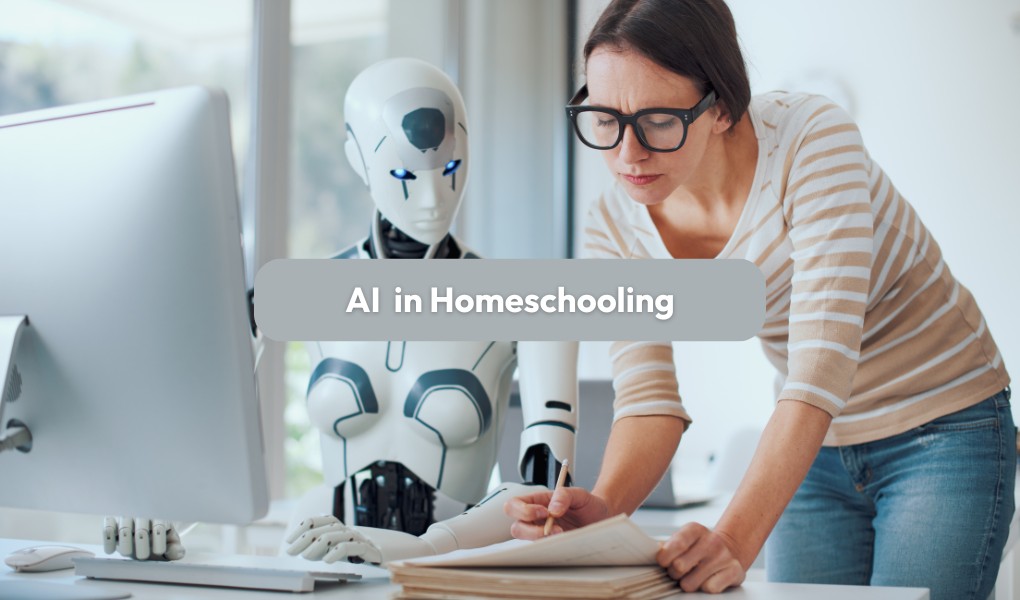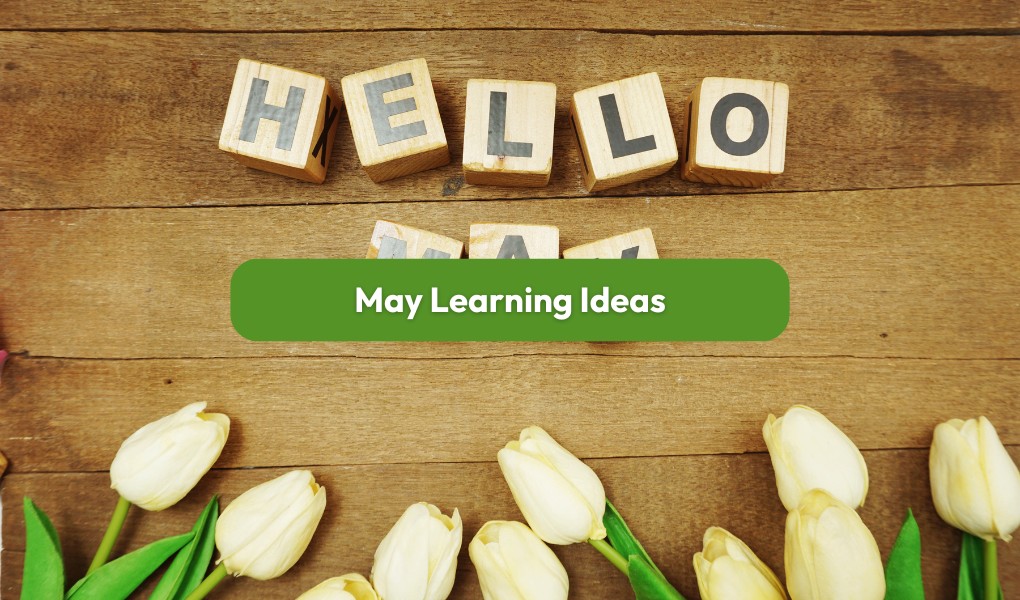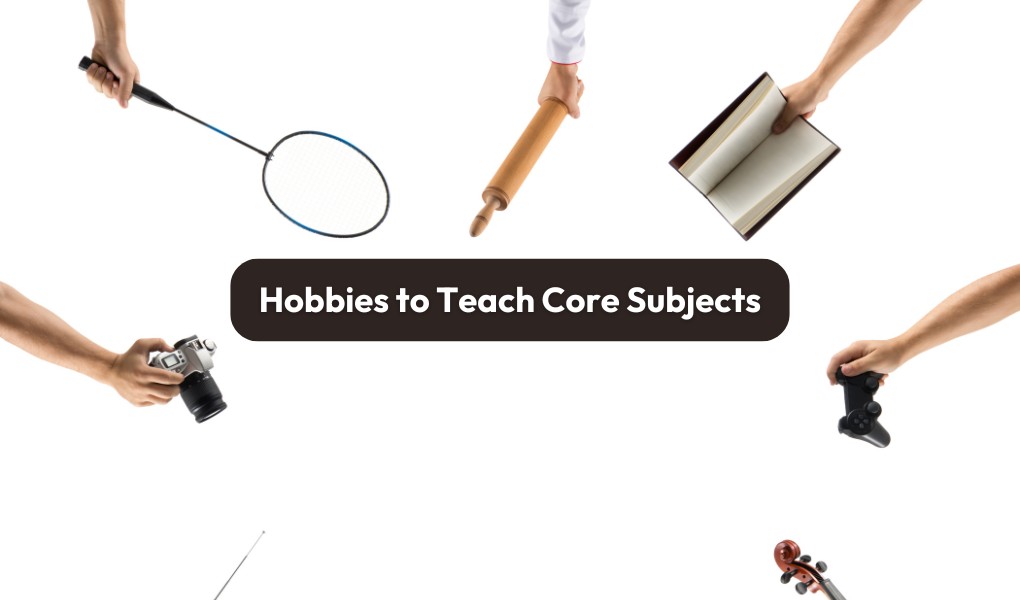When people hear the terms ‘Home Education’ and ‘Homeschooling’, they often believe that they mean the same thing . . .
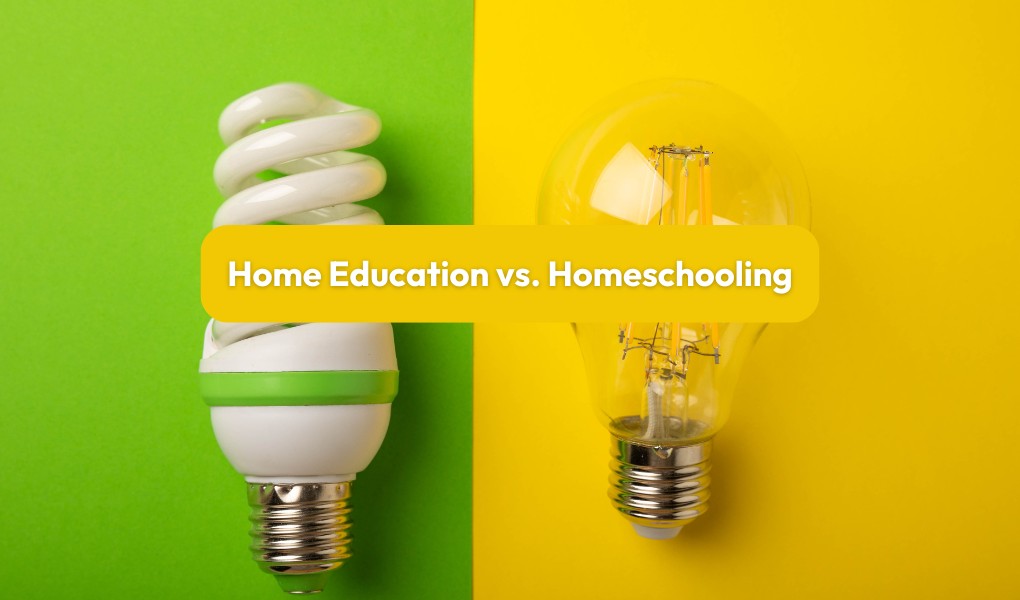
When people hear the terms ‘Home Education’ and ‘Homeschooling’, they often believe that they mean the same thing: to educate at home, which, in part, is true. But although these terms are frequently used synonymously, they actually mean very different things.
When I started looking into home educating, I already had a vague idea that homeschooling was a little bit different. But not everyone knows how different they are, which can make things a bit confusing when it comes to using the terminology and understanding what you are doing.
So, without further ado, let’s dive into the differences between home education and homeschooling.
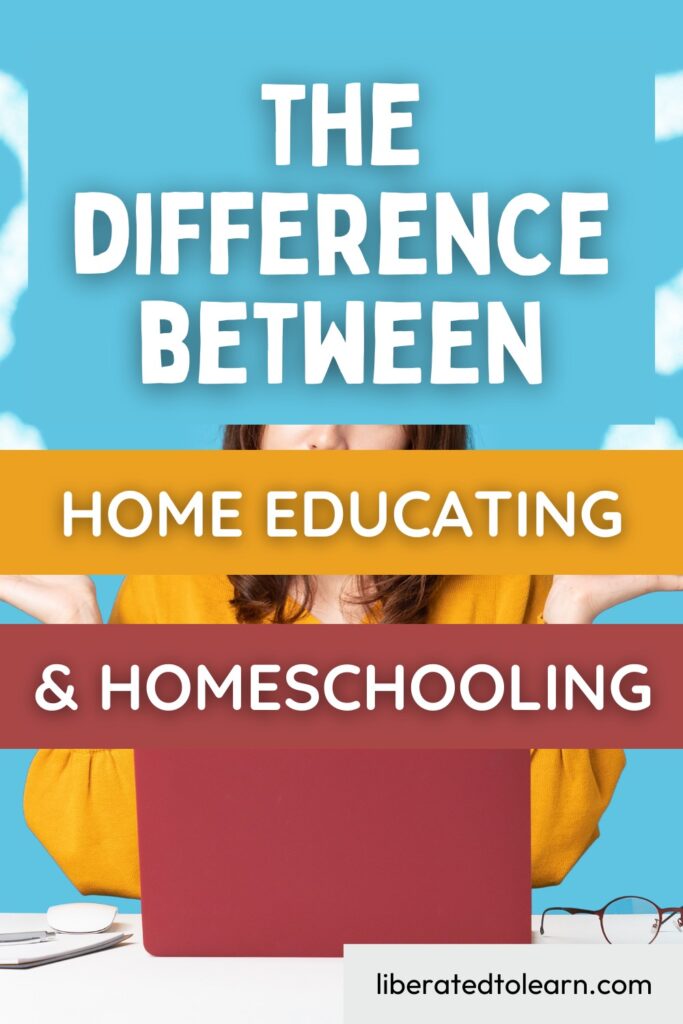
What are the Differences Between Home Education and Homeschooling?
Meaning
Home Education:
Home Education might mean the same as homeschooling in that it places the responsibility of your child’s education in your hands, but it means more than just educating at home. In fact, it has a much broader definition and encompasses various styles of education, such as homeschooling, worldschooling, unschooling etc.
Home education is the preferred term to use in the UK.
Homeschooling:
Homeschooling refers to a specific practice of home education. We call it a style of education. It essentially sees school replicated at home and the parents or guardians take on the primary role of educator. It’s also the more popular term to use in the US.
Learning approaches
Home Education:
Home education favours a more holistic approach to education and encourages child-led and experiential learning. There are different learning styles that families can choose from, which include unschooling, worldschooling, structured or unstructured learning, just to name a few.
Home education can also involve a combination of different learning styles, and even part-time attendance at school, known as flexi-schooling. Each learning style has its benefits depending on how your child learns best.
Homeschooling:
Homeschooling can also embrace different learning methods, but it tends to be more structured and mirrors traditional schooling methods, like using a curriculum, having a schedule, and tracking progress through tests. It essentially sees school replicated at home, and many families even choose to create their own homeschool room or space.
Educational philosophy
Home Education:
Home education tends to align more with alternative educational philosophies such as unschooling, which emphasises child-led learning and a more organic, less structured approach to education. It can also encompass eclectic methods, where parents mix different educational philosophies and resources.
Homeschooling:
As mentioned, homeschooling tends to follow a more structured and traditional approach to education. It favours academic achievement and measurable outcomes, and is usually heavily subject-focused.
Implementation and flexibility
Home Education:
Home education is often seen as being more flexible and laidback. Families may choose to have an unstructured approach to education and plan things as and when. They also have the choice of trying out different learning styles to suit their child’s needs and lifestyle. Learning is also based around a child’s interests and adapts to their changing needs.
Homeschooling:
There is a more predictable structure with homeschooling. You’ll find that homeschoolers like to stick to a daily and weekly schedule as it establishes more of a routine and provides stability. Typically, parents will lead the learning using a preferred curriculum.
Social and extracurricular activities
Home Education:
Social, physical and extracurricular activities are a big part of home education and are often integrated into the learning itself. This includes days out, meeting up at home education groups, and joining local clubs.
Homeschooling:
Whilst homeschoolers often incorporate extracurricular activities into their child’s education, they often focus more on academic subjects, particularly the core subjects: english, maths and science.
Parental role and involvement
Home Education:
Parents tend to act as the facilitators of their child’s education rather than taking on the role of teacher. They will guide their children to different resources and provide new and exciting experiences for them, often involving other people too.
Homeschooling:
Parents who homeschool often take on the responsibility of teaching their children and help to direct their learning. They will usually assess and manage their progress along the way, and may even involve a tutor for specific subjects.
Terminology usage
The use of both ‘home education’ and ‘homeschooling’ can vary by region and legal context. In the US, and around the world, ‘homeschooling’ is more commonly used; whereas in the UK, we like to use ‘home education’ as the official term — although people will often still refer to it as ‘homeschooling.’
So, despite what people may believe, there is a difference between home education and homeschooling. It just depends on where you’re from and how the terminology is used. One is not better than the other. It’s all about what works for your family, and understanding the use of these different terms in different contexts.
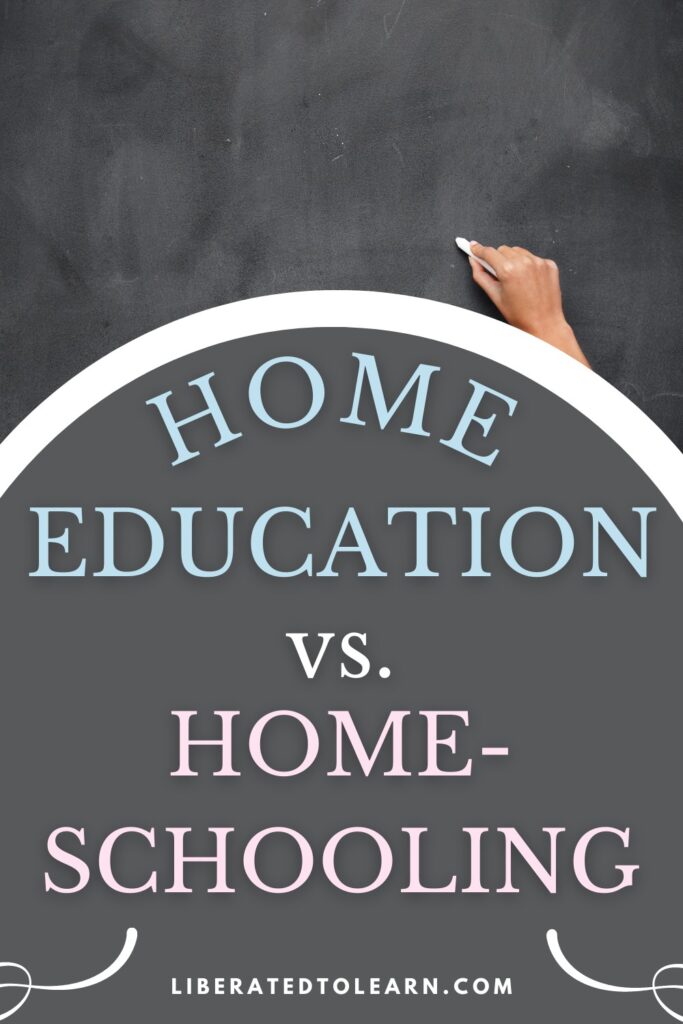
m@liberated
Want more from Liberated to Learn?
Subscribe to stay updated about new posts, resources and giveaways!





